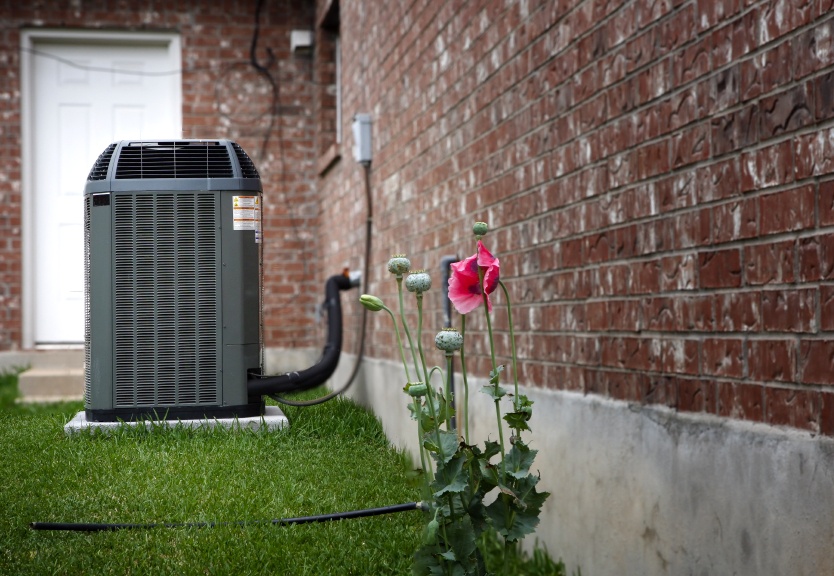As the snowy weather of winter begins to subside and spring emerges, homeowners often find themselves conflicted as to when exactly is the right time to turn off their heat. Spring can be finicky, with certain days warmer than others. While you don’t want to run your heating system when it’s warm out, you also don’t want to find yourself freezing at night due to sudden temperature drops.
Deciding when to turn your heat off in spring can be a challenge, but it’s not an impossible task. Here’s everything you need to know about when to turn your heat off in spring.
Don’t Be Too Overzealous
The first warm day of spring is an exciting thing, especially after a harsh and cold winter. However, don’t be too overzealous when it comes to turning off your heat and opening your windows. During the spring season, there are often many scattered warm days before there are actual continuous stretches of pleasant weather.
Keep an Eye on Outdoor Temperatures
Consider investing in an outdoor thermometer if you want the most accurate reading of the weather conditions in your immediate vicinity. While the local weather report can help you to predict trends, there’s nothing more accurate than an up-to-the-minute reading of the actual temperature in your area.
Look for 60
While there’s no exact magic number when it comes to determining whether or not cold days are behind you for good, look out for repeated 60-degree days within the same week. Once the weather consistently reaches these temperatures during the daytime, it’s unlikely that the weather will plummet into freezing temperatures again, even at night.
Prep With Blankets
The transition from winter to spring can be costly. While no one wants to be uncomfortable in their own home, it can be worth it to have extra blankets and bedding ready for those nights when the springtime weather drops a bit after the sun sets. If you want to turn off your heat sooner than later, be ready to endure one or two chilly evenings.
Make the Decision Wisely
Turning your heat on and off routinely can hike up your energy costs, in addition to putting unnecessary strain on your indoor heating system. This is why it’s important to monitor the weather report and put a bit of thought into turning off your heat. It’s better to keep your heat on but set your desired temperature a bit lower if the weather looks like it might remain a bit on the chilly side.
Monitor the State of Your Heating System
Harsh winter weather conditions can cause your indoor heating system to work overtime. Homeowners often experience mechanical failures and issues during the spring months, especially if they’ve been turning their heating systems off and on. Keep an eye on your indoor heating system and call the professionals if you hear any odd noises or if you suspect that your system isn’t working to its optimal level.
Never Run Your Heat With Open Windows
After a harsh and dry winter, there’s nothing more refreshing than opening your windows during spring to let that fresh air into your home. While it’s not ideal to turn your heating system off and on too much, it’s an even worse choice to continuously run your heating system while the windows in your home are open.
This means you should be smart when timing when you will or won’t open your windows. If you’d like to enjoy the fresh breeze of a warm day but know that the weather report is predicting a chilly evening, try to close your windows a few hours before sunset, especially if you plan to turn your heat back on. While open windows are a fantastic way to allow fresh air to enter your home, they can cause the internal temperature of your house to drop more rapidly in temperature.
When in Doubt, Call the Professionals
At Real Airflow Heating & Cooling, we take heating and cooling seriously. Our talented team of professionals is always ready to assist you with any of your heating concerns and heating repairs. If you think your heating system might need maintenance before the end of the winter season, contact us today.



